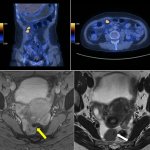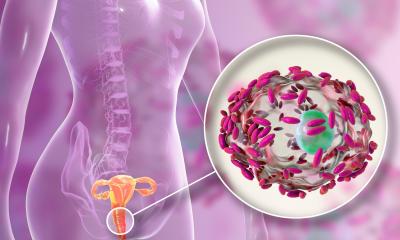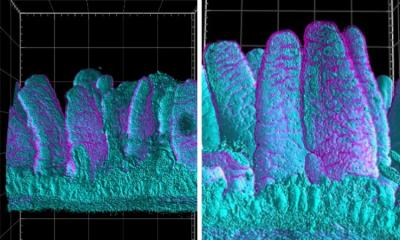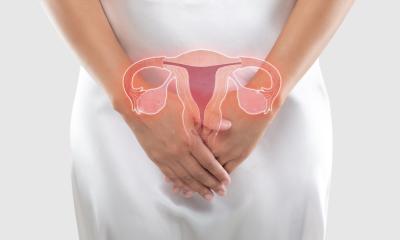
News • Hopeful study
A noninvasive way to diagnose endometriosis
Women can suffer for years with the debilitating pain and medical complications of endometriosis without a diagnosis. Now, researchers believe they may be able to diagnose the condition using just menstrual blood, which has distinct characteristics in patients who have endometriosis.
"Millions of adolescents and women suffer from endometriosis without a proper diagnosis, delaying their care and extending their pain," said study co-author Christine Metz, a professor in the Institute of Molecular Medicine at the Feinstein Institutes for Medical Research in Manhasset, N.Y. She is also co-director of Research OutSmarts Endometriosis (ROSE) study.
"This new paper describes the potential for a novel screening tool to identify endometriosis earlier and enable patients to get the help they need," Metz said in an institutes news release. In endometriosis, uterine-like tissue grows outside of the uterus and forms lesions. This can cause chronic, debilitating pain and infertility. About 1 in 10 women of reproductive age are affected by the condition, but there are currently no nonsurgical diagnostic tools, so it can take seven to 10 years to get a diagnosis. Invasive laparoscopic surgery has been the only definitive way to diagnosis endometriosis. Feinstein scientists have been studying the genetic and cellular makeup of menstrual blood since 2016 with the goal of diagnosing endometriosis more easily.
The research analyzed the genetic and cellular differences in menstrual blood of healthy patients compared to those with endometriosis, to find common biomarkers they hoped would lead to new diagnostic approaches and potential treatments.
Recommended article

Article • Ovarian cancer and endometriosis detection
Women’s health imaging: PET/CT and T2*w MR show promise
Diagnostic imaging in women’s health advances: PET/CT might provide a more accurate imaging alternative to CT in ovarian cancer. T2*-weighted MR imaging in deep endometriosis detection also shows promise, but ultimately falls flat.
The new study details the first use of single-cell RNA-sequencing to compare endometrial tissues in freshly collected menstrual blood from 33 study participants. It found that the characteristics of endometrial tissue shed in menstrual blood are distinct in patients with endometriosis compared to healthy people. "ROSE study research helps us understand the molecular and genetic makeup of endometrial tissues ...," said study co-author Dr. Peter Gregersen, professor in the Institute of Molecular Medicine at the Feinstein Institutes and co-director of the ROSE study. "More than 2,000 women have participated in the ROSE study to date and we are grateful to them for helping us to produce knowledge that will improve patients' lives."
"While endometriosis is a common condition, there continues to be a lack of diagnosis and proper early intervention," said Dr. Kevin Tracey, president and CEO of the Feinstein Institutes. "These important findings by Drs. Gregersen and Metz hold promise to change our understanding of this disease and focus on improving the diagnosis and care they need."
22.09.2022










